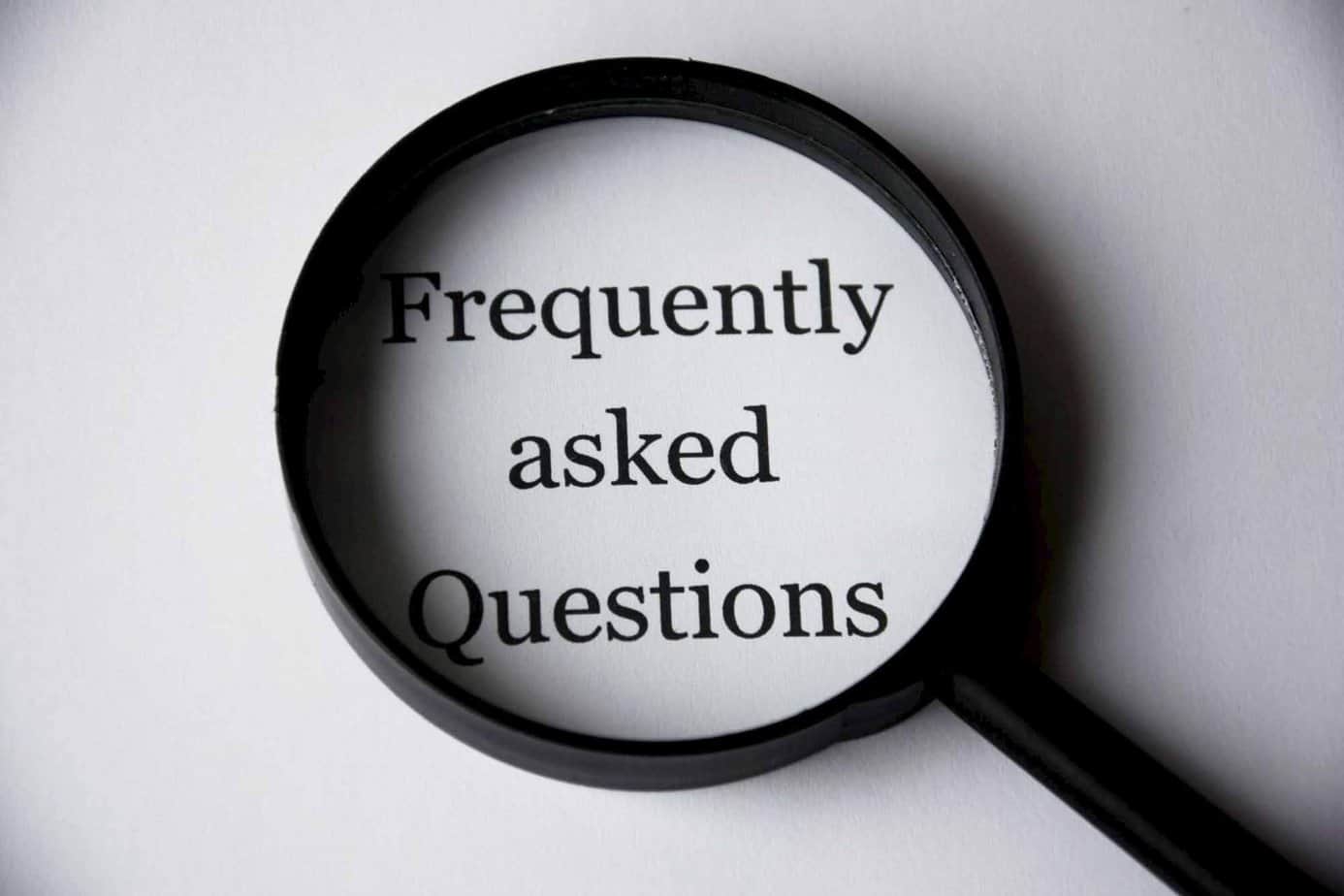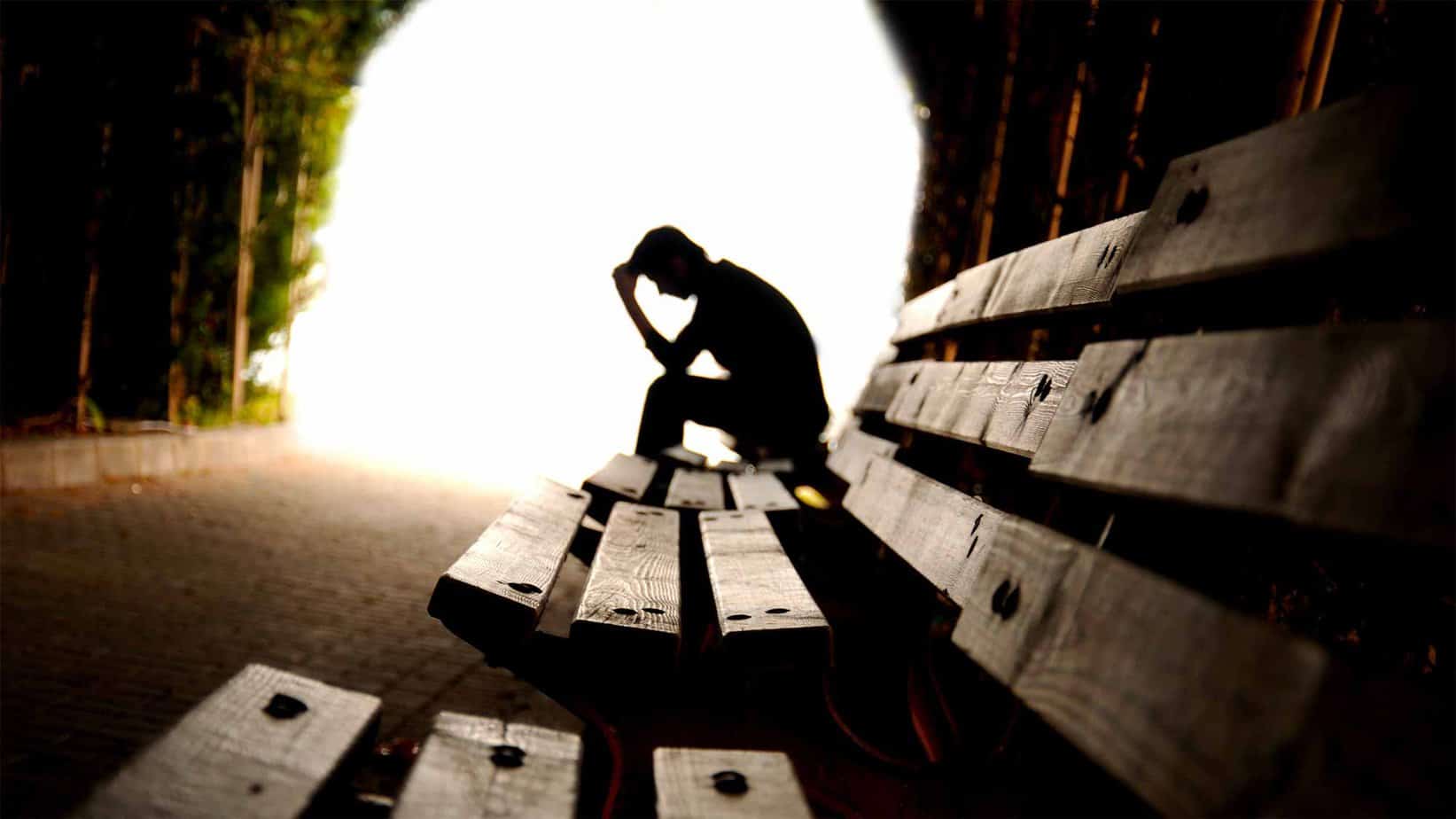There’s a lot of information out there about alcoholism and drug addiction. The sheer volume of articles, books, and videos on the topic can be overwhelming, and despite all of this, people are left still wanting answers. So, we’ve answered five of the top questions you may have about the topic..
1. Am I a bad person because I can’t control my addiction?
No. Addiction isn’t about willpower or strength of character. These types of beliefs impose a stigma on people suffering from addiction and their families. This sense of shame causes people to hide their drug use or drinking, even though there is scientific evidence that addiction is a chronic but treatable disease that affects the brain.
2. How can I tell if I have a drug or alcohol addiction?
Everyone’s addiction looks different. However, there are some questions you can ask yourself to see if you might have a drug or alcohol problem. For instance, have you ever lied about what or how much you use or drink? Does the thought of running out of drugs terrify you? Do you continue drinking despite repeated problems involving your drinking? If you’re still unsure if you have an addiction, talk to a medical professional about your issues.
3. Is recovery really possible?
Yes! When you’re in the middle of an addiction, recovery seems like a faraway dream. Addiction has control over your life, and you wonder how anything could ever be more important than that addiction. But thousands of people are in recovery — some just started today while others have been in recovery for years. It takes work and dedication, but recovery is possible.
4. Can’t I just quit on my own?
It’s very difficult — and sometimes dangerous — to stop using drugs or alcohol without professional help. Your body depends on the drugs and alcohol to keep going. Abruptly stopping can cause you to experience powerful physical and psychological withdrawal symptoms. In the case of alcohol, benzodiazepines, or opioids, detoxing on your could be deadly. For your safety, it is always best to detox under medical supervision.
When quitting on your own, relapsing is also likely. By now you know that drugs and alcohol can hijack your brain, and if the brain wants to use that drug or take that drink, it can talk you into giving in. This is especially true if you stay in the same environment that supports your habit, where you’ll constantly be exposed to triggers without having the tools to overcome your cravings. To increase your chances at a successful, long-lasting recovery, seek professional help.
5. What actually happens in drug or alcohol rehab?
A number of things can happen in rehab: detox, individual and group therapy, holistic treatments (depending on the facility), family therapy, 12 Step meetings, and experiential therapy. Any facility you choose should offer you individualized treatment to meet your needs and sobriety goals. You need a team on your side who cares about your progress and who work together to adjust your wellness plan according to how you’re moving along your path of recovery.
If you or a loved one is struggling with addiction, Mountainside can help.
Click here or call (888) 833-4676 to speak with one of our addiction treatment experts.

 By
By 






